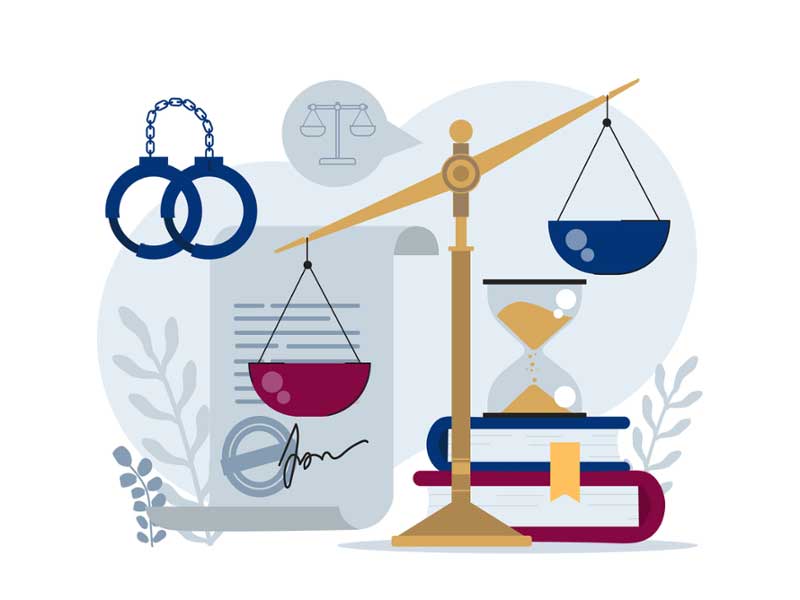 Intergenerational life-course equity describes the way that life’s barriers and opportunities affect not just the individual, but also descendants, their families, and even older relatives. This can be positive or negative: opportunities can facilitate positive life-courses and intergenerational trajectories, while barriers can have a drastic negative effect. Our research studies the ways that barriers in someone’s life can have long-term downstream effects.
Intergenerational life-course equity describes the way that life’s barriers and opportunities affect not just the individual, but also descendants, their families, and even older relatives. This can be positive or negative: opportunities can facilitate positive life-courses and intergenerational trajectories, while barriers can have a drastic negative effect. Our research studies the ways that barriers in someone’s life can have long-term downstream effects.
IERE is generating partnerships and exploring opportunities to work with communities disproportionately affected by policing, health inequity and more, to discover more about intergenerational life courses and the variables that affect them. This includes an upcoming project about the short- and long-term impacts of recidivism on justice system-involved youth and their families.
We have several current and historic projects in intergenerational life-course equity, including work with the HOPE Institute, which was created and led by future Heller PhD student Janelle Ridley, which gives system-involved youth the opportunity to engage with universities though the summer, and supported students through COVID-19 by providing them and their families with gift cards for food through the 2020 pandemic.
